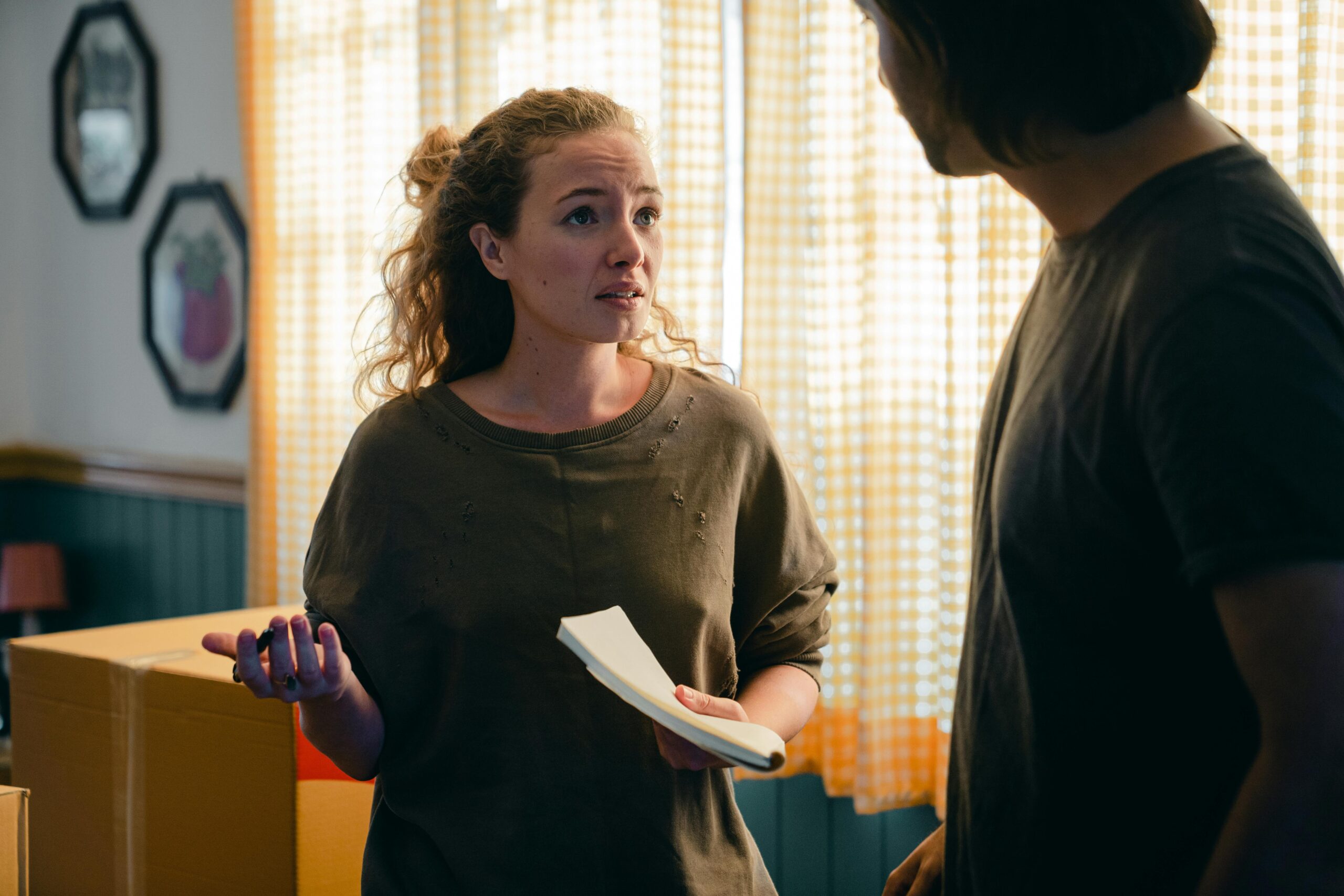Recently our federal Government has announced they are in the process of creating what they are calling the “Tenants Bill of Rights.” Let’s dig into this and determine if it is going to be a benefit for renters or just political folly.
A quick background on rentals in Ontario reveals a bleak picture. If we look across all Canada, rents increased by 10.5% year over year. If we single out Ontario, year over year the average rental increased by 2%.
Here is what it takes to lease a property in Ontario:
1 Bedroom $2,221/mth
2 Bedroom $2,690/mth
3 Bedroom $3,034/mth
Closer to home to rent a property in Oshawa:
1 Bedroom $1,803/mth
2 Bedroom $2,114/mth
3 Bedroom $2,384/mth
The above numbers are taken from a rental report that is compiled by rentals.ca. However, when I look at the local MLS leased properties in the past month the average 3 bedroom unit was rented for $2,846, which illustrates why local numbers are more reliable than a provincial rental entity.
The largest increase in rent for Oshawa was in 1-bedroom units with a year over year increase of 5.2%. If you are a renter looking to rent a 1-bedroom unit in Oshawa, using the guideline of 30% rent/income a single person would need to earn $72,000/year to manage this lease. This works out to about $37/hour a renter would need to earn to manage this rent payment. Herein lies the issue. If you expand this, a family will need a total of $114,000 to best afford a 3-bedroom rental and currently the average median family income in Oshawa is 86,000. Rental prices have risen substantially higher than incomes and with a larger pool of renters than available units, the prices have skyrocketed.
What the federal Government is proposing are a series of measures that they indicate, “will offer new protections for renters and pathways to home ownership.” They are suggesting a new standard lease form, adding rental payments to a tenant’s credit bureau and creating a “rent registry” that will inform a tenant of the rental history of a unit.
The standard lease is one that has been in place here in Ontario since about 2015 and has done little to help tenants, other than to create more paperwork. (The standard lease is about 20 pages in length.) The credit bureau addition will help or hinder a tenant when they plan to rent another apartment or move to home ownership, however if the report shows payment issues it would be more of a negative when a move is planned. The rent registry has been attempted before and the issue is in a market where the renters outnumber the available units, in many cases the tenants enter into a bidding contest to secure the lease lessening the effect of knowing what a prior tenant paid. (In the past 30 days 13% of all units rented in Oshawa rented for more than the asking rental amount.
The main issue when it comes to the imbalance in the rental market cannot be solved by simple solutions that are more political than effective. We need to ensure that the Landlord Tenant Board is effective at reviewing disputes in a timely manner. When a landlord or tenant feels that they are being taken advantage of, resolving the issues quickly allows there to be trust in the rule of law with regards to rentals. The main issue truly is supply and demand. The prices of homes have risen so dramatically over the past decade it has forced many “would be homeowners” into rental situations, and adding all of the newcomers to our province, the rental market is overwhelmed. What needs to happen is for there to be incentives for investors/developers to create rental stock. Incentives that reduce the application and development charges that make building or renovating existing properties poor investments. The truth here is with more rental stock available and a Landlord and Tenant Board that operates efficiently, rental rates will reduce and more investors will enter the market with the understanding that their investment is protected.
The first issue – incentivizing investors is a challenge, with many municipalities relying on development charges to run their towns, reducing these excessive fees is a difficult hurdle. Taking money out of the local municipalities requires changes such as higher property taxes and this is something most town councils avoid. Dealing with the Landlord and Tenant Board is much easier. It just requires a strong provincial voice to step up and make changes to balance the rental process. Currently there are over 53,000 applications in a backlog waiting to be reviewed.
Until there is an effective process to deal with the rules of law with regards to rentals, and incentives to create more rental options the prices of rents will continue to escalate and the “bad actor” stories we read about landlords and tenants will not go away.
What we need is action, not political promises.
Connect with us on Facebook, Instagram, LinkedIn and YouTube.
